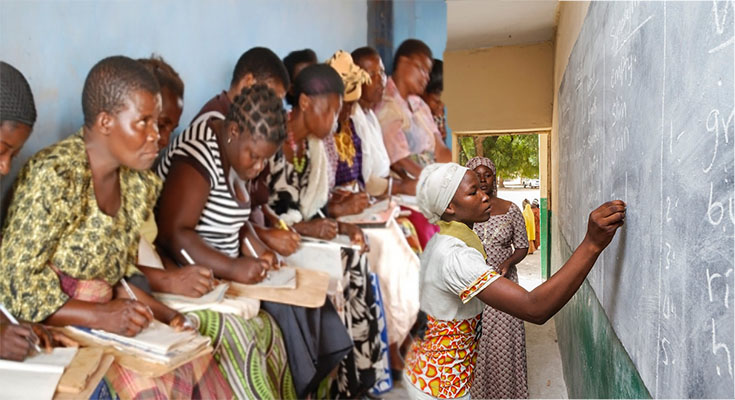There are several challenges related to adult education in Nigeria, and this article will look at some of the main issues. We’ll also examine how to communicate effectively with the adult population and the need for adequate funding. As the world’s largest population, adults are a key audience in the adult education sector. And, we’ll see how addressing these problems can help create more opportunities for this sector to thrive. So, how do we get there?
Challenges of adult education in Nigeria
The adult population of Nigeria holds the present destiny. It has the potential to shape our society, solve urgent issues, and make essential progress. Various government agencies have examined the problems of adult education in Nigeria and established adult education centers to address these challenges. The challenges that face this population are listed below. You can find out how you can overcome them in the next section. To start, you must first understand the need for adult education in Nigeria.
Lack of awareness of adults about the existence of adult education centres in Nigeria. These centres are crucial in providing easy access to education to adults in the country. It is also important that adults are motivated to attend adult education programmes. Adult education not only helps individuals improve their skills and lives, it also promotes community development. However, if we are to achieve this, we must raise public awareness about its importance. There are many challenges that confront this field, and you need to understand them fully to get the best results.
Importance of effective communication with the adult population
When educating adults, educators should present new information in context to their prior knowledge and relevant experiences. The adult learner may be juggling work, family responsibilities, and extracurricular activities, which makes presenting new information difficult. Teachers should use accessible formats to engage the adult learner, presenting new information in context to their identities and lives. In addition, educators should share life stories and experiences with students to create a collaborative learning environment.
In addition to developing new skills and techniques, adults also need to learn how to communicate effectively with others. Effective communication with the adult population is essential in developing effective educational programs and bridging the gap between the educated and the uneducated. By educating adults, adult educators help shape society’s norms and minimize conflicts within families. Improving literacy and job opportunities for adults is a primary goal of adult education.
Importance of adequate funding for adult education
The importance of adequate funding for adult education programs cannot be underestimated. Despite its widespread benefits, this educational program is subject to severe funding cuts. In Ontario, for example, adult education programs were drastically reduced during the nineties. As a result, they do not provide the necessary infrastructure and services for adults. They are also forced to customize their curriculum to meet the needs of market forces rather than serve the needs of learners.
Adult learning has a long history of inadequate funding but the recognition of its benefits is increasing. In addition to improving the quality of life, this education promotes social cohesion, productivity, and labour efficiency. In addition, it enables the learning process to begin early, thereby facilitating the integration of immigrant adults into the local workforce. But this growing awareness of the benefits of adult learning has forced governments and other stakeholders to reevaluate its funding.





